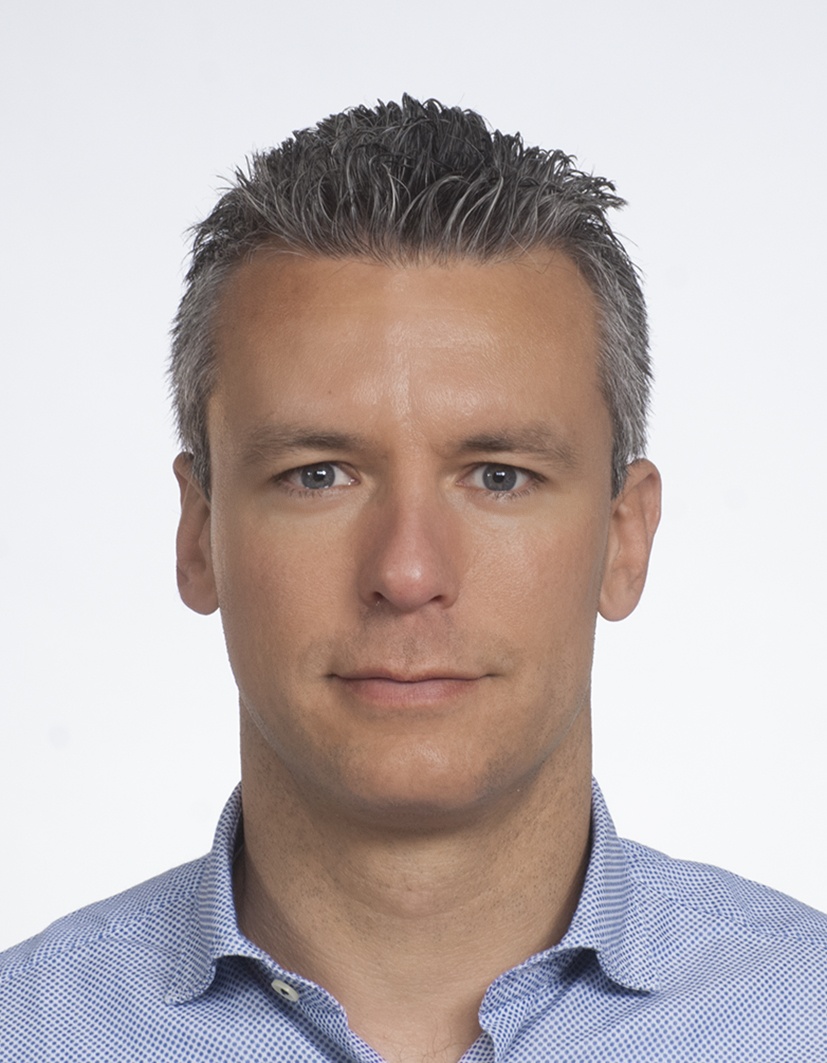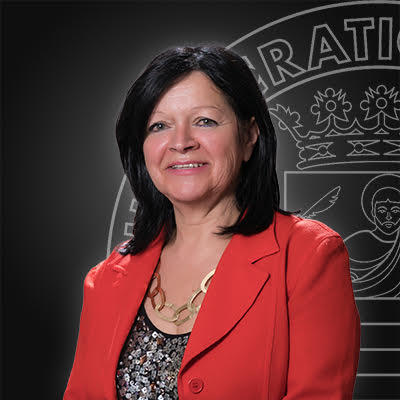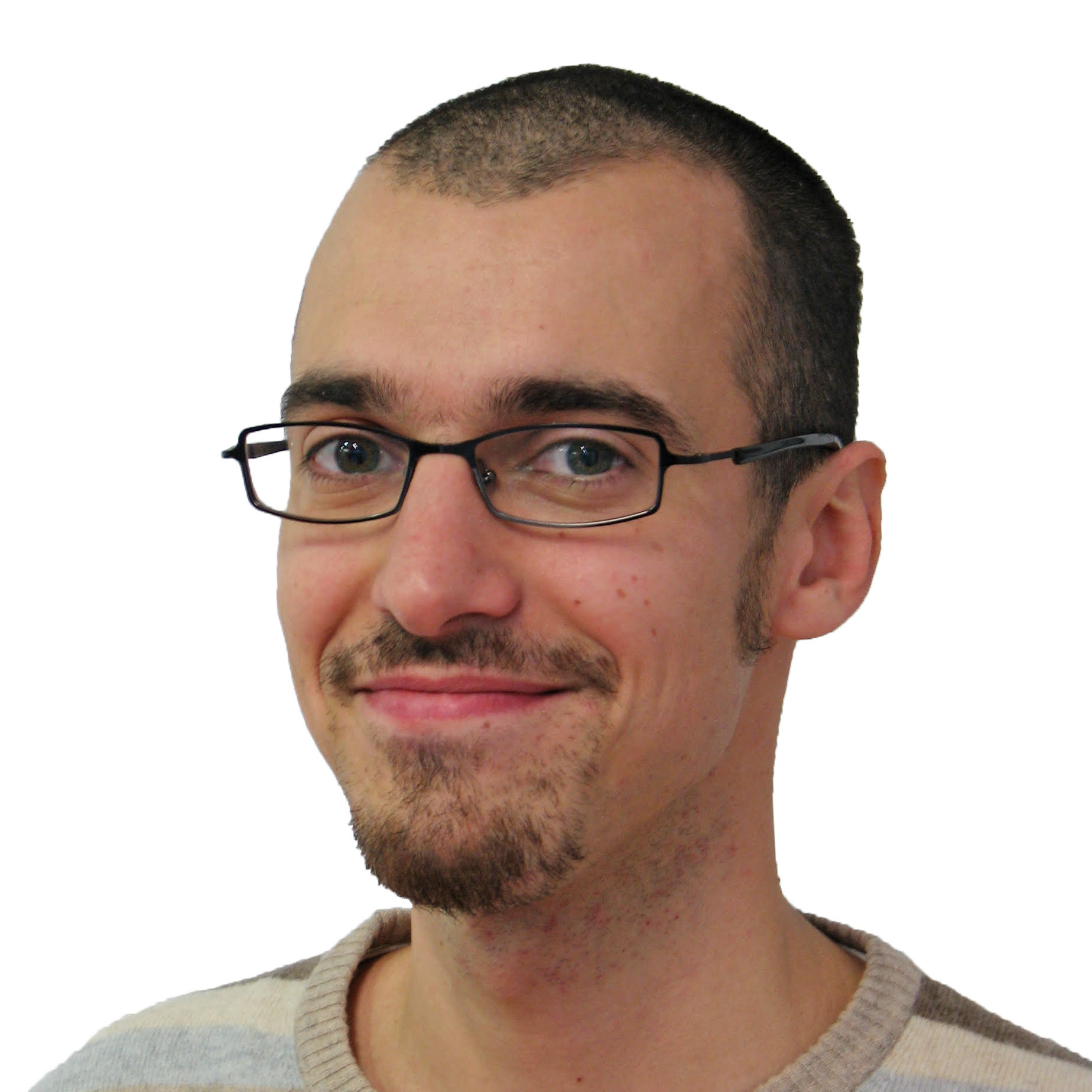Keynotes DSD & SEAA
Prof. Dr. Mehrdad Dianati - University of Warwick (England)
Enabling and harvesting the benefits of cooperation among connected automated vehicles
Abstract
This talk will focus on the concept, prospects and challenges of enabling cooperation among automated/autonomous vehicles through emerging 5G/6G systems, particularly, for the robust environment perception and more resilient control functions in automated driving systems. Also, the implications and realistic requirements of enabling cooperation and some of the practical challenges will be discussed.
Biosketch
Professor Dianati is the Director of Intelligent Vehicles Research and the technical research lead in the area of Networked Intelligent Systems at the Warwick Manufacturing Group (WMG), University of Warwick in the United Kingdom. The focus of his research is on the application of Information and Communication Technologies (ICT) and Artificially Intelligent (AI) for the development of future mobility and transport systems. He has over 29 years of combined industrial and academic experience, with 20 years in various leadership roles in multi-disciplinary collaborative R&D projects. He works closely with the Automotive and ICT industries as the primary application domains of his research. He is also the Co-Director of Warwick's Centre for Doctoral Training on Future Mobility Technologies, training doctoral researchers in the areas of intelligent and electrified mobility systems in collaboration with the experts in the field of electrification from the Department of Engineering of the University of Warwick. In the past, he has served as an associate editor for the IEEE Transactions on Vehicular Technology and several other international journals, including IET Communications, as well as the Guest Editor of several Special Issues of IEEE Transactions on Intelligent Transport System. Currently, he is the Field Chief Editor of Frontiers in Future Transportation.

Prof. Dr. Marko Bertogna - University of Modena-ReggioEmilia (Italy)
Next-Generation Embedded Platforms for Robotics
Abstract
The advent of high-performance embedded platforms is paving the way towards advanced robotics applications aiming at replacing human activities, integrating complex parallel workloads with safety-critical real-time tasks: self-driving vehicles, vision-based industrial automation, autonomous robots, etc. To guarantee timing and safety requirements of these new challenging systems, new task models and scheduling solutions are needed for properly exploting the heterogenous computing engines available in modern platforms. This talk will motivate the main predictability bottlenecks of such platforms, presenting possible solutions to fully exploit the computing capabilities of high-performance embedded systems in a safe way.
Biosketch
Marko Bertogna is Full Professor and leader of the HiPeRT Lab. His main research interests are in High-Performance Real-Time systems, especially based on multi- and many-core devices, Autonomous Driving and Industrial Automation systems. In 2008, he received a PhD in Computer Sciences from the Scuola Superiore Sant'Anna of Pisa, with a dissertation on Real-Time Systems for Multicore Platforms, awarded as the best scientific PhD thesis of 2008/2009. He has authored more than 100 papers, receiving the 2009 Best Paper Award for the IEEE Transactions on Industrial Informatics, and 9 other Best Paper Awards in first level international conferences. He coordinated multiple EU and industrial projects, securing more than 10 MEuro in funding for his research group. He served in more than 60 program committees of international conferences in embedded and real-time systems, chairing or co-chairing 8 events. He is Senior Member of the IEEE, and Stakeholder Member of HiPEAC. He is CEO and founder of the academic spinoff HiPeRT Srl.
Dr. Danilo Pietro Pau - Technical director, IEEE and ST Fellow, System Research and Applications, STMicroelectronics (Italy)
Characterizing deeply quantized neural networks for in-sensor computing
Abstract
Balancing storage and computing capabilities, accuracy, anomaly detection and modelling design is a real challenge when implementing Artificial Neural Networks on ultra-low power devices such as microcontrollers. Deeply Quantized Neural Networks (DQNNs) offer the most promising solution to these requirements, however, current state-of-the-art microcontrollers are not yet able to exploit its advantages. The design of custom energy efficient hardware accelerators therefore represents the most viable approach in terms of energy efficiency, especially with respect to in-sensing neural computing. The result is a novel quantized Neural Network model, or Hybrid Neural Network, able to achieve accuracies as high as 99% when classifying daily human activities from MEMS inertial sensors. Its custom ultra-low power hardware circuitry for the real-time execution of the Hybrid Neural Network is presented with CMOS technologies and implemented with a Field-programmable gate array, including associated demo.
Biosketch
One year before graduating from the Polytechnic University of Milan in 1992, Danilo PAU joined STMicroelectronics, where he worked on HDMAC and MPEG2 video memory reduction, video coding, embedded graphics, and computer vision. Today, his work focuses on developing solutions for deep learning tools and applications.
Danilo has been an IEEE Fellow since 2019, serving as Industry Ambassador coordinator for IEEE Region 8 South Europe and Member of the Machine Learning, Deep Learning and AI in the CE (MDA) Technical Stream Committee IEEE Consumer Electronics Society (CESoc).
With over 80 patents, 100 publications, 113 MPEG authored documents and 37 invited talks/seminars at various worldwide Universities and Conferences, Danilo's favorite activity remains mentoring undergraduate students, MSc engineers and PhD students from various universities in Italy, US, France and India.

Prof. Genoveffa Tortora - University of Salerno (Italy)
Are developers and software engineers simple gear of the wheel?
Abstract
Slides
The empirical software engineering community has made great progress in the last years and expanded the research considerably in scope, volume, and quality. Nowadays, we have established conferences and journals focused on empirical software engineering, so showing a great interest of the software engineering research community in this field. However, the great part of the published research does not adequately cope with issues related to the role of developers and software engineers in the development or use of computer software and hardware systems. That is, the peopleware phenomena—a term used to refer to one of the three core aspects of computer technology, while the other two being hardware and software—needs more attention from the software engineering community and information and communication technology, in particular. In this talk, I will present a landscape of research and practice at the intersection of software engineering, psychology, and sensors to understand the role of people in the development of computer software systems, including such issues as developer productivity, teamwork, group dynamics, the psychology of development, and personality traits.
Biosketch
Genoveffa Tortora has been Research Associate from 1980 to 1989, then Associate Professor from 1989 to 1990; she is Full Professor of Computer Science at the University of Salerno since 1990. She is director of the "Context Aware Intelligent Systems" Laboratory, and of the Interactive Information Systems Laboratory. Her research interests include Databases and Big Data, Data Mining, Software Engineering, Visual Languages and Human Machine Interaction, Artificial Intelligence and Image Processing. She is the author or co-author of over 300 papers published in international journals and international conference proceedings. Member of the editorial board of high quality international scientific journals. She has been General Chair, Program Chair and Program Committee Member of numerous international conferences. Since 1991 she has carried out an intense academic activity; from 2000 to 2008 she has been Dean of the Faculty of Mathematical, Physical, Informatics and Natural Sciences at the University of Salerno. In the three-year period 2015-18, she has been one of the seven experts of the Italian Ministry of University and Research as members of the National Research Guarantors Committee (CNGR).

Dott. Marco D’Ambros - CodeLounge (Switzerland)
Research + Industry = R&D | Reflections from a research-industry roundtrip
Abstract
Our approach allows project managers to <perform task X> better". This sentence appears in several papers that I wrote during my research time between 2005 and 2012, and summarizes the research approach that I had at that time. Since then, my journey had me move to the industry first and finally landing in academia in a hybrid R&D role. In this talk, I will share what I learned from both worlds and why I believe bringing them closer should be a priority.
Biosketch
Marco D’Ambros is the director of CodeLounge, the center for software research and development of the Software Institute (Università della Svizzera italiana) that combines expertise from academia and from industry. After obtaining a PhD in the area of mining software repositories in 2010, Dr. D’Ambros worked at Palantir Technologies until 2018, a leading Silicon Valley data mining firm, helping government organizations and large enterprises making sense of their large and dispersed data, and leading the technical execution of projects around the globe. In 2020, he was awarded the MSR 2010 MIP (Most Influential Paper) award, for his work on bug prediction.